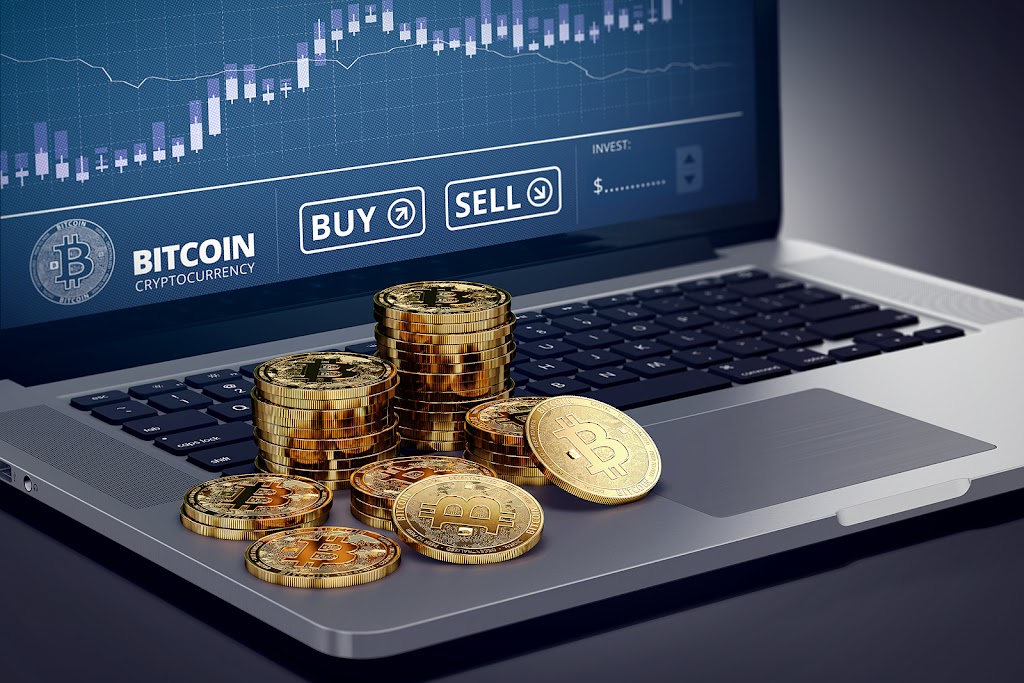In the U.S., a recession is ordinarily defined as two consecutive quarters of decline in the nation’s GDP (gross domestic product). A recession, by and large, alludes to a slowdown in the economy. Gross domestic product is the complete value of every final good and service produced within a country in a given year. The main indicators of a recession are high unemployment, a reduction in consumer spending, and a lessening in business profits.
A recession can be caused by various factors. Some of the most widely recognized causes are a reduction in consumer certainty, an increase in interest rates, or a decline in business investment. A recession can likewise be caused by an outside shock to the economy, for example, an oil price shock or a psychological oppressor assault.
The impacts of a recession can be serious. Unemployment regularly increases during a recession. This can lead to an increase in neediness and crime. In addition, recessions can cause a reduction in business investment, which can lead to a decline in monetary development.
1. What is a recession?
A recession is a slowdown in the business cycle when monetary development slows and job losses happen. Typically, we define it as two consecutive quarters of decline in gross domestic product development. However, people will generally feel a recessionary economy before the gross domestic product figures are delivered, as business action, employment, and certainty all start to decline.
There are different types of recession; however, the most widely recognized are:
Request-side recession: This happens when there is a drop in demand for goods and services in the economy. This can be caused by a fall in consumer certainty, a reduction in government spending, or an increase in charges.
Supply-side recession: This happens when there is a decline in how much goods and services businesses can supply. This can be caused by an increase in costs, like natural substances or work.
Credit crunch recession: This happens when there is a tightening of credit conditions, making it harder for households and businesses to get money. This can be caused by an increase in interest rates or a reduction in the accessibility of credits.
Recessions can affect people’s lives. Unemployment will in general ascent as businesses slice back on staff in an attempt to reduce costs. This can lead to an increase in destitution and inequality, as well as a decrease in consumer spending, which can significantly affect the economy.
Recessions can likewise lead to an increase in crime as people go to criminal operations to make ends meet. They can likewise overwhelm social administrations as interest in things like healthcare and housing increases.
There are various ways to attempt to relieve the impacts of a recession, including:
Financial policy: This is the point at which the government attempts to invigorate the economy by increasing spending or cutting expenses.
-Monetary policy: This is the point at which the national bank attempts to animate the economy by reducing interest rates or increasing the money supply.
Supply-side strategies: This is the point at which the government attempts to increase the supply of goods and services by investing in infrastructure or improving the business environment.
2. Types of recession
A recession is a monetary withdrawal that lasts for something like two consecutive quarters. A recession is commonly portrayed by falling total national output (gross domestic product), rising unemployment, and a decline in consumer spending and investment.
There are different types of recession, each with its own causes and impacts. Some of the most well-known types of recession include:
1. A supply-side recession:
2. An interest-side recession:
3. A monetary recession:
4. Impacts of the recession
Firstly, recessions lead to a lessening in monetary action. This is because consumers spend less money and businesses invest less. This reduction in action results in less assessment revenue for governments and fewer job opportunities.
Besides, recessions cause an increase in unemployment. This is because businesses lay off workers in order to reduce expenses. This can lead to a decrease in consumer certainty as well as an increase in crime.
Thirdly, recessions can lead to an increase in inflation. This is because, as demand diminishes, businesses raise prices in order to make up for the loss in revenue. This can lead to a reduction in the purchasing power of consumers.
Fourthly, recessions can lead to a reduction in stock prices. This is because investors become stressed over the future prospects of companies and sell their shares. This can lead to a decrease in the value of people’s retirement savings.
Finally, recessions can significantly affect different nations. This is because it can lead to a decline in popularity for their products.
In conclusion, recessions can have various adverse consequences for economies. These impacts can last a lifetime and affect nations, businesses, and individuals.
5. How to endure a recession
1. Remain positive:
2. Scale back costs:
3. Get a side gig:
4. Invest in yourself:
5. Help others:
The recession has been hard on everyone, except that it has additionally been a chance for some people to start new businesses and create jobs. The recession has likewise been a chance for people to learn new skills and move into new fields. The recession has been a time of progress, and it has been a time of development for some people.





